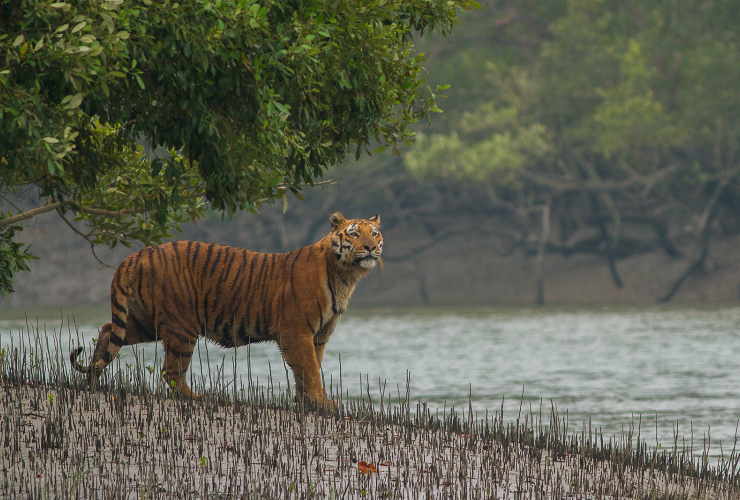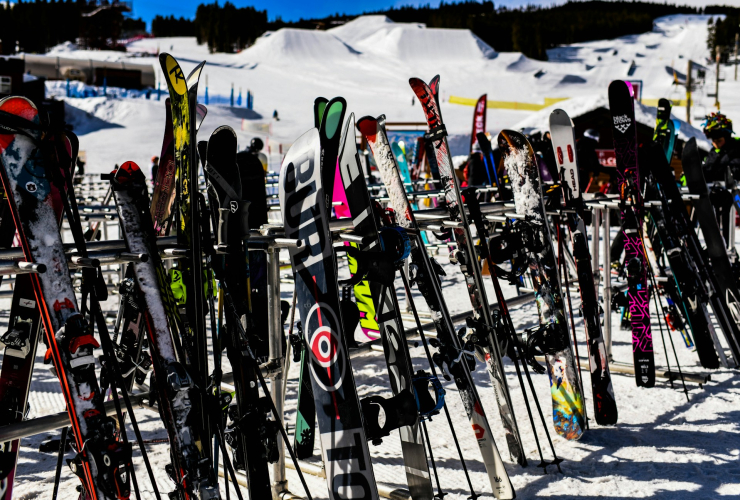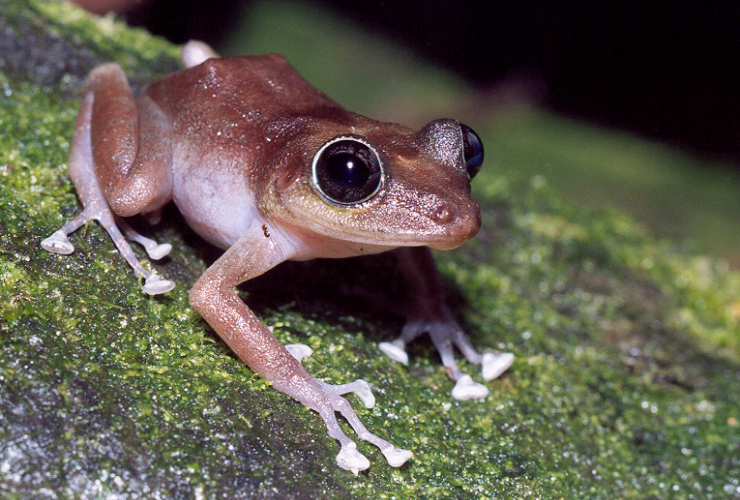Helena Horton
About Helena Horton
Helena Horton is an environment reporter for the Guardian.
Study shows important link between people and nature in environmental projects
'Integrated' plans that capture carbon and restore biodiversity while also supporting the livelihoods of local communities are not only less harmful, says Dr. Trisha Gopalakrishna — they're also more likely to succeed.
Skiers leaving ‘forever chemicals’ in their tracks
The research by the James Hutton Institute in Aberdeen and the University of Graz in Austria has found that 14 different types of PFAS chemicals, which are commonly used in ski wax, were found in soils at family skiing spots in the Austrian Alps.
Human activities affect wildlife — even in nature reserves
New research finds that tropical mammals suffer the impact of deforestation even if they live in protected areas.
Scientists find plastic-munching microbes — that don’t mind the cold
Researchers sampled 19 strains of bacteria and 15 of fungi growing on free-lying or intentionally buried plastic kept in the ground for one year in Greenland, Svalbard and Switzerland in a potential breakthrough for recycling.
Climate crisis has frogs in Puerto Rico croaking at a higher pitch
Researchers say the coquí frogs appear to be decreasing in size at warmer temperatures, which causes their croaks to become high-pitched. If the trends continue, the heat could become too much for the sensitive amphibians to survive successfully.
New disease caused by plastics found in seabirds
Natural History Museum scientists say plasticosis, which scars the digestive tract, is likely to affect other types of birds, too.
Air pollution throws off chess players' game
The co-author of a recent study says its results have implications for anyone who has to think hard in polluted areas.
Would climate warning labels turn you off red meat?
Information on the environmental impact can persuade consumers against carbon-heavy food choices, a new study finds.
Hot gardening trends for 2023? Think seaweed compost and bean ‘manure’
Regenerative gardening is predicted to take off next year as people future-proof spaces for extreme climate.
Puffin nesting sites in western Europe could be gone by the end of this century
Researchers from the Zoological Society of London and the University of Cambridge have put together a guide on how the birds can be protected from worsening conditions, using the expertise of 80 conservationists and policymakers across 15 European countries.










